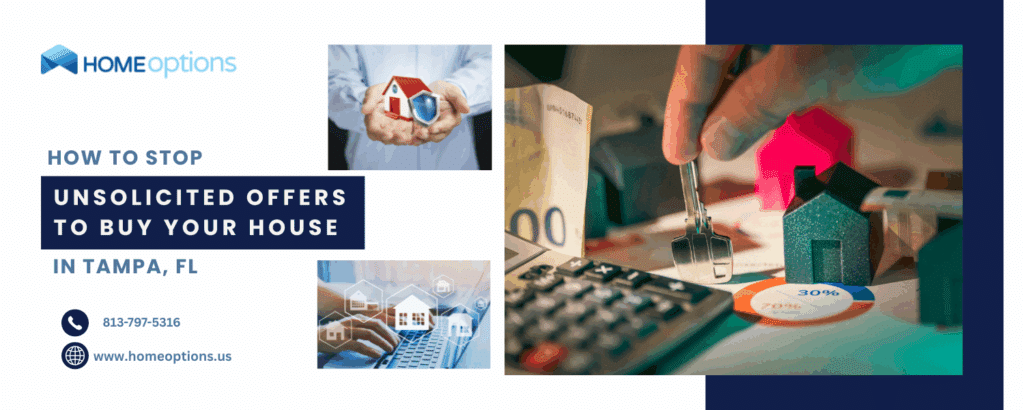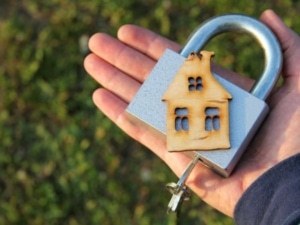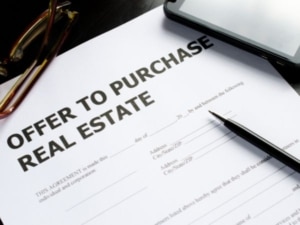How To Stop Unsolicited Home Buying Offers In Tampa's Real Estate Market
Discover effective strategies to protect your privacy and stop unsolicited home buying offers in Tampa’s real estate market. Learn practical tips to reduce unwanted communication and secure your peace of mind.

 Tampa’s real estate market is heavily impacted by cash offers, which raise prices and increase competition. Cash buyers, usually investors or real estate companies, buy houses swiftly. Mortgage-dependent homeowners struggle to compete. Property values usually rise when sellers receive many unsolicited cash offers at once because they are enticed by a rapid sale. Cash deals are common, therefore fewer homes may be on the market for long periods. This makes them harder for locals to afford.
Tampa’s real estate market is heavily impacted by cash offers, which raise prices and increase competition. Cash buyers, usually investors or real estate companies, buy houses swiftly. Mortgage-dependent homeowners struggle to compete. Property values usually rise when sellers receive many unsolicited cash offers at once because they are enticed by a rapid sale. Cash deals are common, therefore fewer homes may be on the market for long periods. This makes them harder for locals to afford. Tampa’s bustling real estate market generates many unsolicited bids to acquire homes. These buyout proposals can be difficult to handle, especially when they arrive by phone, email, or mail. Residents complain about how annoying it is to have their privacy stolen and how these requests never end. Entering phone numbers on the National Do Not Call Registry and labeling emails as spam has stopped unsolicited calls and emails.
Tampa’s bustling real estate market generates many unsolicited bids to acquire homes. These buyout proposals can be difficult to handle, especially when they arrive by phone, email, or mail. Residents complain about how annoying it is to have their privacy stolen and how these requests never end. Entering phone numbers on the National Do Not Call Registry and labeling emails as spam has stopped unsolicited calls and emails. To keep aggressive bidders out of your property in Tampa’s competitive real estate market, you must understand and adopt key measures to stop unwanted offers. Hire a trustworthy real estate lawyer to help you hide your property details. Enrolling in the National Do Not Call Registry might also dissuade persistent callers. A “No Trespassing” sign on your property might deter trespassers and indicate that you desire to be left alone.
To keep aggressive bidders out of your property in Tampa’s competitive real estate market, you must understand and adopt key measures to stop unwanted offers. Hire a trustworthy real estate lawyer to help you hide your property details. Enrolling in the National Do Not Call Registry might also dissuade persistent callers. A “No Trespassing” sign on your property might deter trespassers and indicate that you desire to be left alone. Tampa homeowners receive several unsolicited offers to buy their homes. Strong anti-spam procedures are needed to prevent this. Start by adding your home to the National Do Not Call Registry. This can prevent real estate speculators from contacting unexpectedly. You may also automatically detect and delete unsolicited email requests by using robust spam filters. Homeowners may desire to leave data broker lists. Real estate companies seeking leads buy personal information from these lists. Create a second email address for real estate questions to be proactive. This can help you distinguish between legitimate and unwanted offers.
Tampa homeowners receive several unsolicited offers to buy their homes. Strong anti-spam procedures are needed to prevent this. Start by adding your home to the National Do Not Call Registry. This can prevent real estate speculators from contacting unexpectedly. You may also automatically detect and delete unsolicited email requests by using robust spam filters. Homeowners may desire to leave data broker lists. Real estate companies seeking leads buy personal information from these lists. Create a second email address for real estate questions to be proactive. This can help you distinguish between legitimate and unwanted offers.
![Cash House Buyer in [market_city]](https://homeoptions.us/wp-content/uploads/2025/07/Justing-Setzer.png)